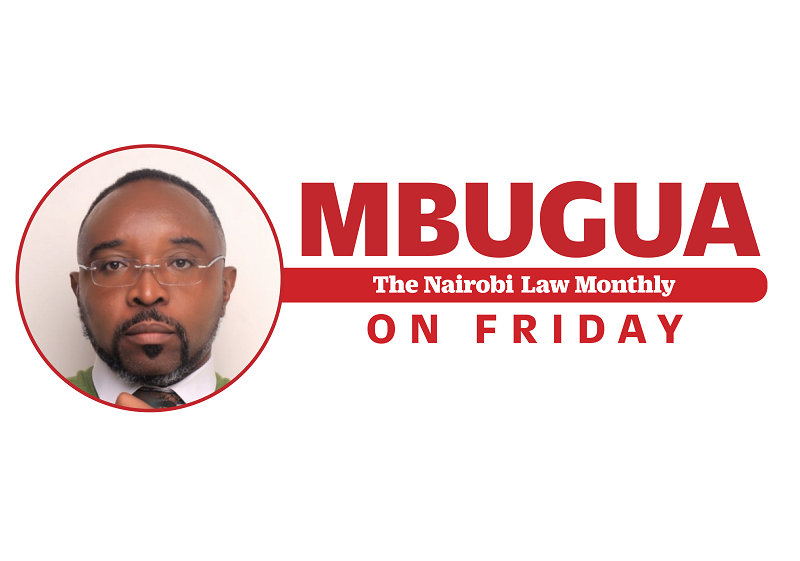In recent weeks, the citizens of Kenya have been treated to a new trend of conducting government business in the middle of the night, which is one of the political aberrations that the 2010 Constitution sought cure but which has now been normalised by the National Assembly and the Senate.
It started with the Speaker of the National Assembly, Mr Moses Wetang’ula, who on the night that the National Assembly impeached Deputy President Rigathi Gachagua published a Kenya Gazette past midnight to announce the outcome of the controversial vote.
That notice later became part of the documents that the Senate relied on to impeach Mr Gachagua on Thursday night.
Senators voted to extend their sitting into the night, arguing that the motion was time bound.
According to them, the law stipulated that once an impeachment motion against the Deputy President started, it was not supposed to take a break. Never mind that they had take a break the previous night.
Once the Senate sat – again at night – and impeached Mr Gachagua on Thursday, Speaker Amason Kingi Gazetted the outcome past midnight.
And on Friday morning, President William Ruto relied on that nocturnal Gazette notice to unveil Interior CS Kithure as the Deputy President nominee.
In his memorandum to the National Assembly, the President indicated that he had consulted the Independent Electoral and Boundaries Commission (which is not legally constituted in the first place), the Ethics and Anti-Corruption Commission, the Kenya Revenue Authority among other State agencies and they all confirmed that Prof Kindiki was suitable for nomination to the position of Deputy President.
The reason Kenyans insist that government business be conducted before dusk arose from the infamous incident in which the then President Mwai Kibaki was sworn in at dusk in 2007. Never mind that if this had not happened, it would have occasioned a Constitutional crisis and a vacuum in the highest office in the land.
The argument in 2007 was that it was unlawful for a President to be sworn in after sunset. By extension, this was to apply to other important political events, which I presume, would include an impeachment motion. To cure this terrible political ailment, the Constitution offered clear guidelines on how a President can be sworn in.
My assumption then, is that what is good for the goose ought to be equally so for the gander. There is no problem if Kenyans decide that government business should be conducted after hours. The only question is: Are we making this the new normal? And if we are, what law are we relying on?



